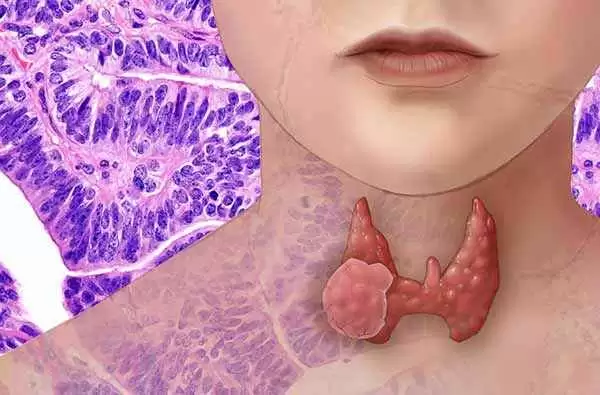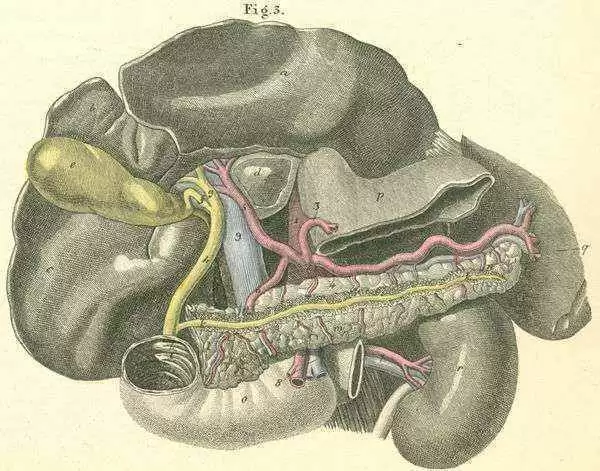
Celiac.com 01/26/2017 - Many people with celiac disease also have thyroid issues. In fact, it's the most common medical issue that celiacs have. However, just as we were often badly under-served by the medical community, as celiac disease patients before the new guidelines were issued in 2004, now we're often left high and dry as thyroid patients.
Most medical professionals were taught that under-active thyroid is an easy fix with a single accurate test for diagnosis and a simple treatment. New research has shown that for 20% of patients, this is far from true.
Celiac.com Sponsor (A12):
Unfortunately, there is wide disparity between how celiac disease is detected and treated because of a dearth of knowledge and curiosity among our medical professionals about current research. This leaves too many of us sick, and greatly reduces our functionality and productivity. Our finances can take a very deep hit when we are left unable to work while being prescribed antidepressants, muscle relaxers, sleep aids, cholesterol drugs, anti-anxiety medication, and IBS remedies when what we really need is access to the very inexpensive thyroid medication that can bring us back our lives.
Although there is a lot of evidence that current testing standards are inadequate, this year the American Association of Clinical Endocrinologists once again refused to update standards to reflect current research. Most clinical practitioners rely heavily on the TSH test (and the Free T4 test if you're lucky) while the Free T3 test and antibody tests would render vital additional information. Large-scale tests are needed to reaffirm what the many smaller tests are pointing toward; that we need to be treated as individuals, by symptoms, not just as lab test scores.
Like celiac disease, autoimmune thyroid disease most often affects women. Quite a large percentage of us are left feeling exhausted and in pain. Often people with undiagnosed or poorly treated thyroid issues are misdiagnosed as having bipolar disorder. We may also deal with severe insomnia, hair loss, social anxiety, and depression. This is because our cells don't have access to enough of the active form of thyroid hormone that we need (T3). Although research indicates that people need both T3 and T4, most treatment plans only offer the T4 form (such as Synthroid and Levoxyl) and too many patients aren't able to properly convert it to the more active form, T3.
Every cell in the body requires thyroid hormone; it's no wonder that thyroid disease is devastating to so many body systems.
Sadly, patients report being labeled as psychiatric cases when they complain about the deep fatigue, weight gain and psychological issues that can be remedied by proper treatment. They are told that because their numbers are within the normal range that their thyroid disease is not at the root of their problems. Those of us who scratch below the surface have found that the method used to determine the "normal" ranges was woefully inadequate and based on poor science.









Recommended Comments
Create an account or sign in to comment
You need to be a member in order to leave a comment
Create an account
Sign up for a new account in our community. It's easy!
Register a new accountSign in
Already have an account? Sign in here.
Sign In Now